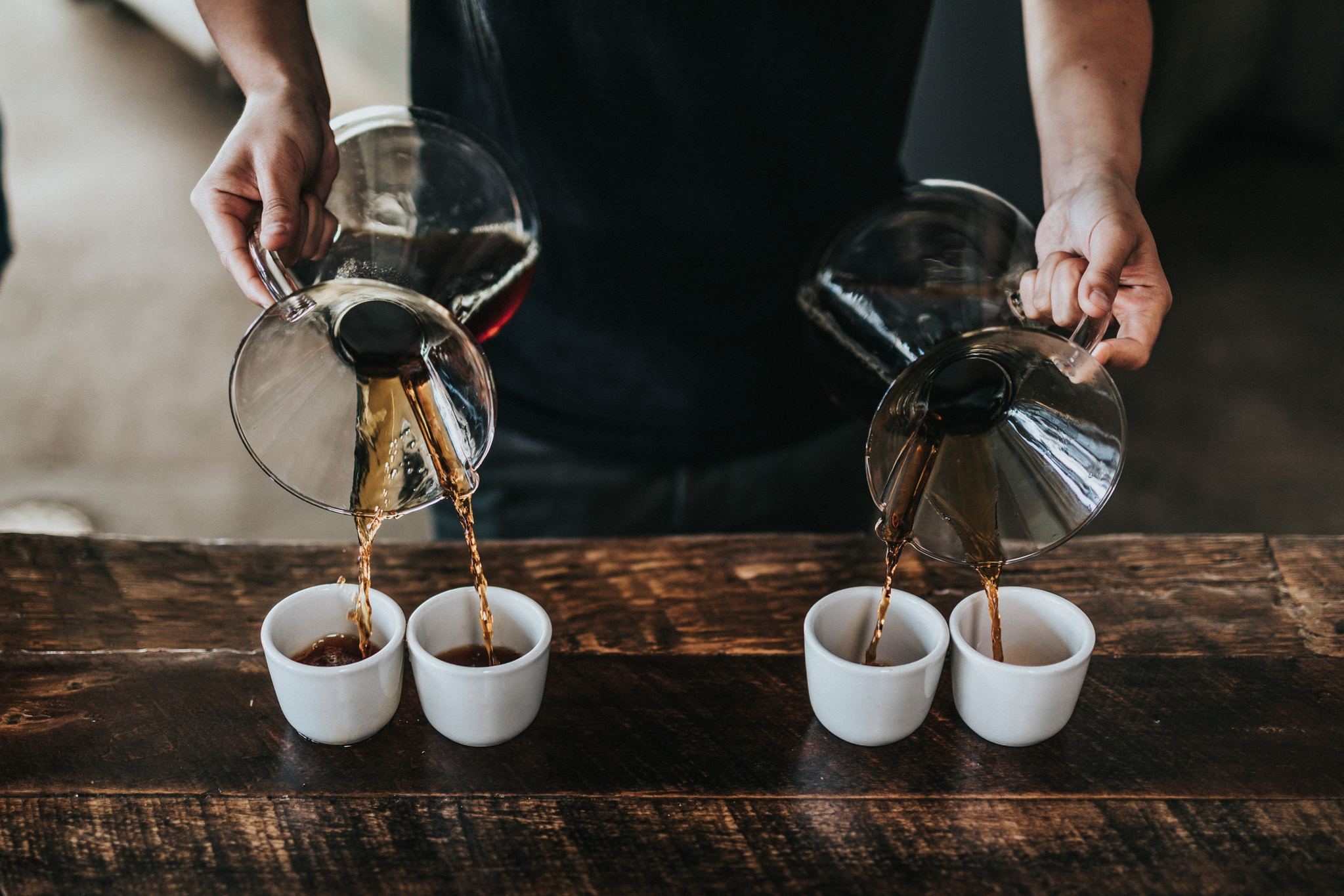Specialty coffee should not be mistaken for fancy coffee, like what giant retail chains sell. The term refers to the process of selecting, cultivating, harvesting, processing, roasting, and distributing the beans.
For instance, when you buy online from Campos Coffee, the products are slightly more expensive than instant coffee you pick out from supermarket shelves.
When you buy instant coffee, for instance, you generally accept the disclaimer–it is not manufactured from high-quality beans, and the value chain is not rigorous to guarantee a superior product.
The focus is more on giving you a shot of caffeine to get you through the day, rather than the experience itself.
People often scoff at coffee enthusiasts for reading the label or for being selective about their cup. But if you tasted authentic specialty coffee, it is tough to go back to instant coffee.
It is easy to say why some retailers and distributors are claiming they sell specialty coffee. You only have to look at the massive potential of the industry. For example, by the year 2025, the market growth for specialty coffee is expected to hit $83.5 billion. The industry has a compound annual growth rate of 8.3%.
A Matter of Scale
Another reason why specialty coffee is more expensive is due to scale. Due to the insistence on sticking to the rigorous process of selection, cultivation, roasting, and packaging, it is tough to scale it without compromising the quality of production.
For instance, farmers handpicked the beans that are ready for harvest. Some coffee companies strip-harvest the fruits, which means that inferior and defective beans are mixed into the batch.
Picking the beans one by one takes time. However, experienced farmers can speed up the process because they instinctively know which ones to harvest.
Processing and Roasting
After handpicking them, the beans are now ready for processing. There are three ways to do it–dry, semi-dry, and wet. Not all growers use the semi-dry process, which results in a more acidic taste, apart from being more heavy-bodied. Specialty coffee from Brazil and Indonesia may be produced using the semi-dry method.
The dry process, meanwhile, means the beans are laid down under the sun, resulting in a more smooth cup. The wet process, meanwhile, is used in commercial production because it is faster. However, the risk is that when you make a mistake in the fermentation process, you end up with an inferior quality coffee.
Meanwhile, the roasting process has also evolved in recent years. There used to be a time when farmers roasted the beans in an open fire using a metal drum. However, they now use convection heat for more even roast and less burnt. The beans are fried at 230-260 degrees, which are the correct temperatures to bring out the natural oils.
With specialty beans sold by Campos Coffee, the process relies on the precision of each step. It is easy to under-roast the bean, for instance, or overcook it to a crisp. Each second is monitored to bring out the exact note, flavour, and taste.
As you can see, the journey of specialty coffee from soil to cup is long and arduous. A lot of things can go along the way. Fortunately, it is not a new industry. Each farmer, buyer, distributor, and retailer is committed to only selling premium quality products.





























